Technological innovations like eBird, as well as work done at the Cornell Lab of Ornithology are working to tackle climate change through bird conservation in Ithaca.
Jake Brenner, Ithaca College Natural Lands reserve manager and professor in the Department of the Environment, said the green areas are valuable to the Ithaca community.
“We’re on a spot of South Hill that has … several unique natural areas designated by Tompkins County,” Brenner said. “There are some ecosystems — that are regionally important and regionally unusual — that are right here on South Hill … and Ithaca College is playing an important role in protecting them.”
On March 19, Cinemapolis held a talk, “The Power of Birds to Transform Conservation with Amanda Rodewald.” Rodewald is the senior director of Cornell University Lab of Ornithology and professor in the Department of Natural Resources and the Environment at Cornell. She explained the impact birds have on the environment, and how emerging technologies, like eBird, are revolutionizing modern-day conservation and allowing environmental scientists to address global challenges faced by wildlife.
The talk was sponsored by the Friends of Stewart Park, a nonprofit organization that maintains Stewart Park and its trails. It served as a fundraiser for the park’s flora and fauna and as a soft opening for the following day’s Ithaca Native Landscape Symposium 2025, a symposium dedicated to teaching professionals and enthusiasts adequate use of native plants in Ithaca. To begin the talk, Rodewald discussed the impact and importance of birds on people in the U.S.
“Roughly half of American adults participate in bird-watching or bird feeding, and support for birds extends across demographic and political groups,” Rodewald said via email.
Rodewald explained in her talk that many grassland bird populations are currently on the decline by about 53%. However, she said that with enough funding and research, bird conservation efforts have proven to work, notably with dabbling ducks, diving ducks and water birds.
“Hunters and anglers have really funded conservation,” Rodewald said. “Funds from licensed sales taxes on different hunting and fishing equipment have, to a large extent, funded national wildlife refuges. … When we put our mind to it, we have the ability to really recover populations but still, the bottom line is: about a third North American birds [that] are in the U.S. rather do need conservation attention.”
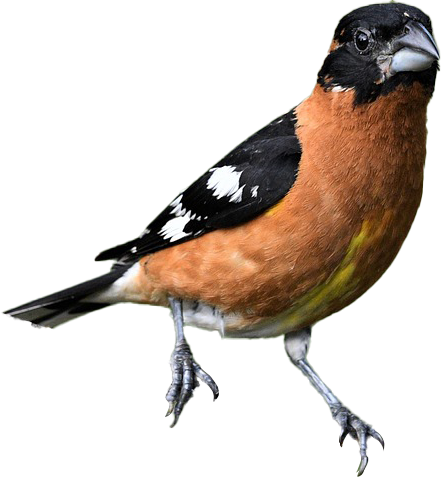
Nandadevi Cortes Rodriguez, assistant professor in the Department of Biology at Ithaca College, specializes in evolutionary biology and phylogeography. She said her experience with her students during the COVID-19 pandemic showed her the positive impact birds can have on mental health.
“It wasn’t until we were in the lockdown that [young] people started going out and bird-watching,” said Cortes Rodriguez. “[That] helped my students a lot because they had an excuse to go outside. It’s a good way to interact with nature. That’s why it helps with mental health.”
Rodewald said birds serve as metrics, and because they are everywhere, they are one of the easiest kinds of animals to observe and study. They help scientists understand the world around them, provide different ecosystem services, are crucial in the flow of a healthy environment and are even beneficial to the economy. According to Cornell Lab of Ornithology’s website, birds are an economical asset, generating a total of $279 billion in activities and expenditures each year.
“The economic benefit of birds is … staggering,” Rodewald said. “From what people spend when they’re going on bird-watching trips, to the birdseed [and] binoculars, they are a really important source of revenue, especially in rural areas that might have a lot of great bird habitats, but not as much income or revenue streams that are possible.”
Ithaca is home to the Cornell Lab of Ornithology, one of the leading global conservation labs on bird science. It is the birthplace of eBird, an app that allows bird-watchers to observe and track birds around the world. The purpose of eBird is to give anyone the tools to impact bird restoration, as the eBird data is logged and charted on specialized maps. It provides insight into bird populations and records and documents data on areas that most need conservation efforts.
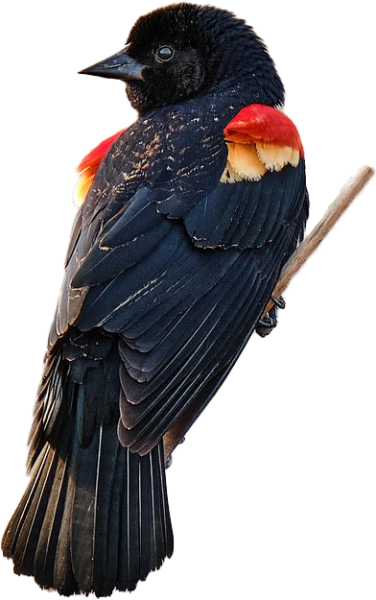
“At the Cornell Lab [of Ornithology] we use birds and other species in order to get information, not only to help advance science [and] to engage people, but also to support decision-making by partners on the ground who are working to make a difference,” Rodewald said. “We use a variety of different approaches … [like] participatory science. [Volunteers] can go out to survey birds and submit their observations.”
Climate change is an issue that cannot be solved overnight and is extremely complex. The talk emphasized that by observing smaller fractions, such as bird life, more in-depth research can be conducted on specific areas and regions, using different tools such as mapping. This in turn provides hope for a better, greener future.
“We need smarter conservation,” Rodewald said. “We need to be much more precise in where we’re directing conservation actions, and we also need to have some flexibility in order to accommodate the many other [climate] activities that we need to support.”
Cortes Rodriguez said birds serve as a benefactor toward the ecosystem, whether by pollinating crops, controlling pests or even just through their presence.
“So if there’s no birds, there’s no strawberries, for example,” Cortes Rodriguez said. “They need to be pollinated by a lot of different types of birds.”
To reap the benefits of the flying friends, Cortes Rodriguez said she encourages students and community members alike to get outside, explore nature and simply listen to the birds around them. She said Ithaca’s extensive parks and trails make it a great area to do so.
Rodewald said that with climate change and narco-deforestation on the rise, bird populations are at risk of dropping more than ever, so even the smallest steps in conservation can go a long way. She emphasized that the conservation of birds is a direct correlation to the greater conservation of the planet.
“When we think about bird conservation, it’s not just about birds,” Rodewald said. “It’s really about, ‘What are the steps we take for people on the planet?’ Because the same actions that we need to take to conserve and recover bird populations are, in fact, many of the same actions that we need to be taking if we want to take care of global sustainable development goals.”


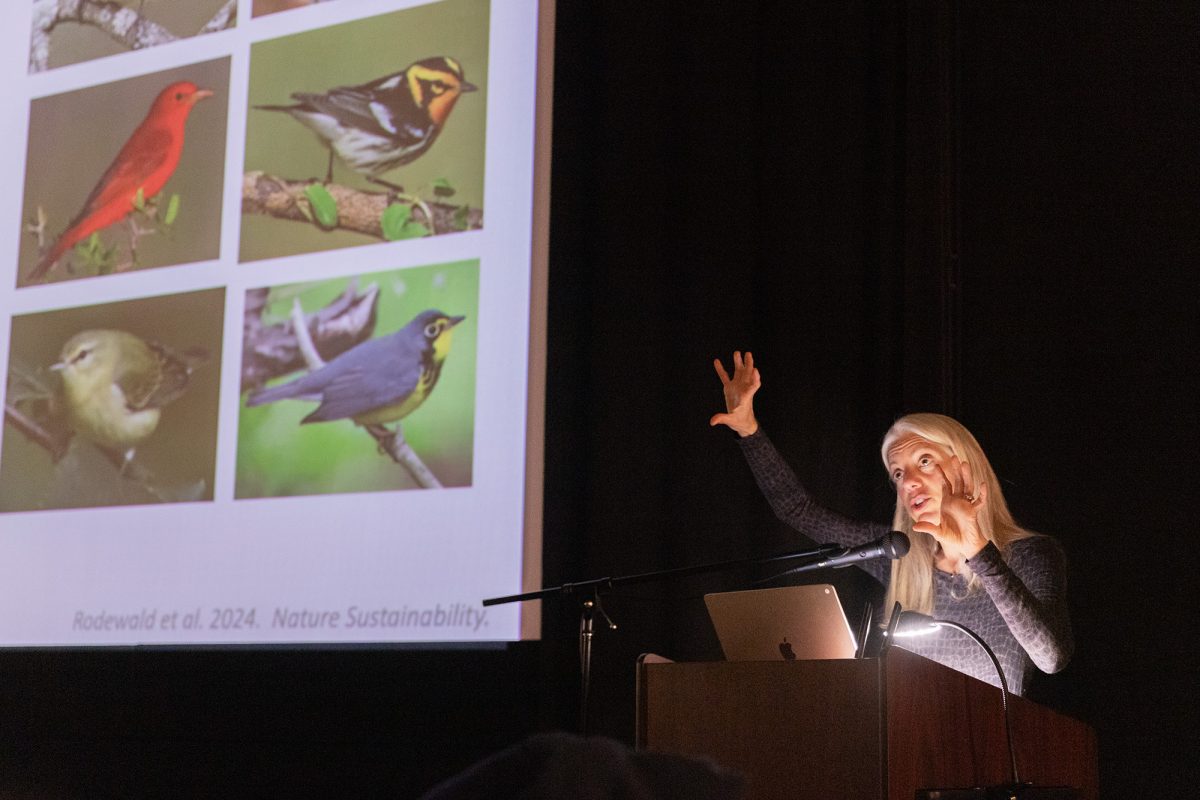
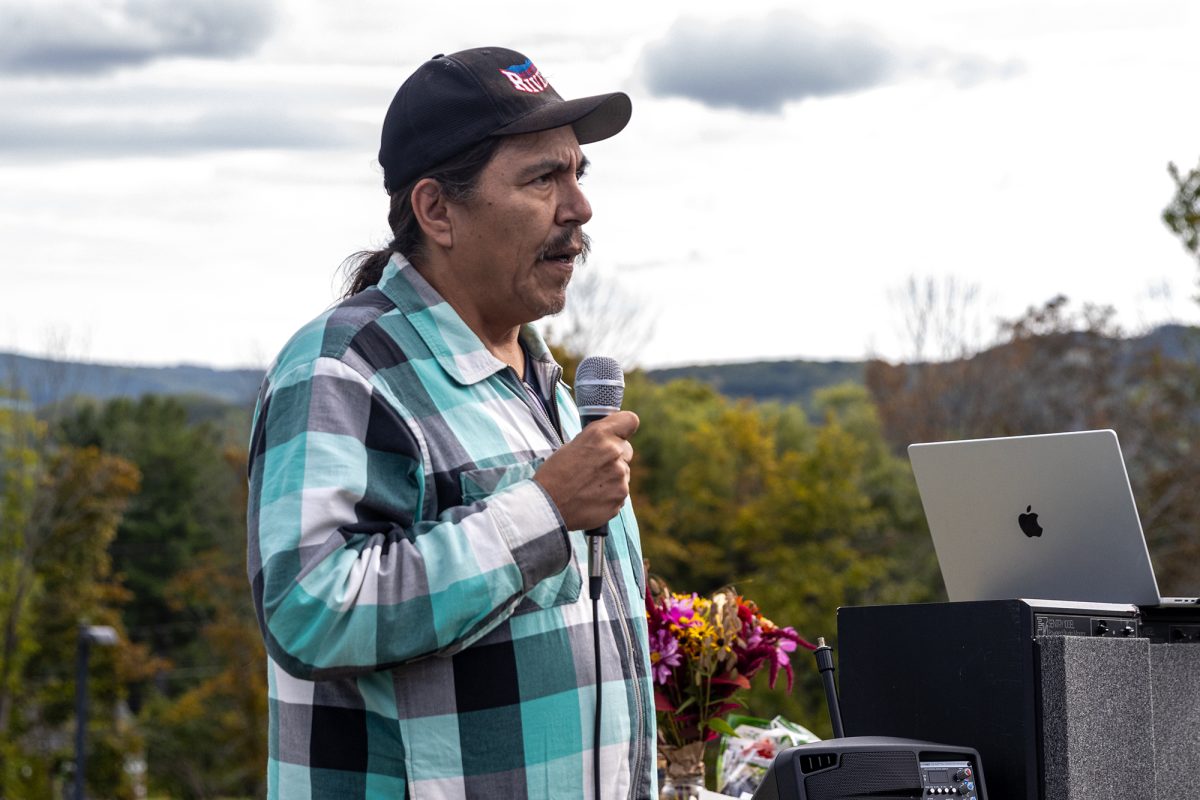
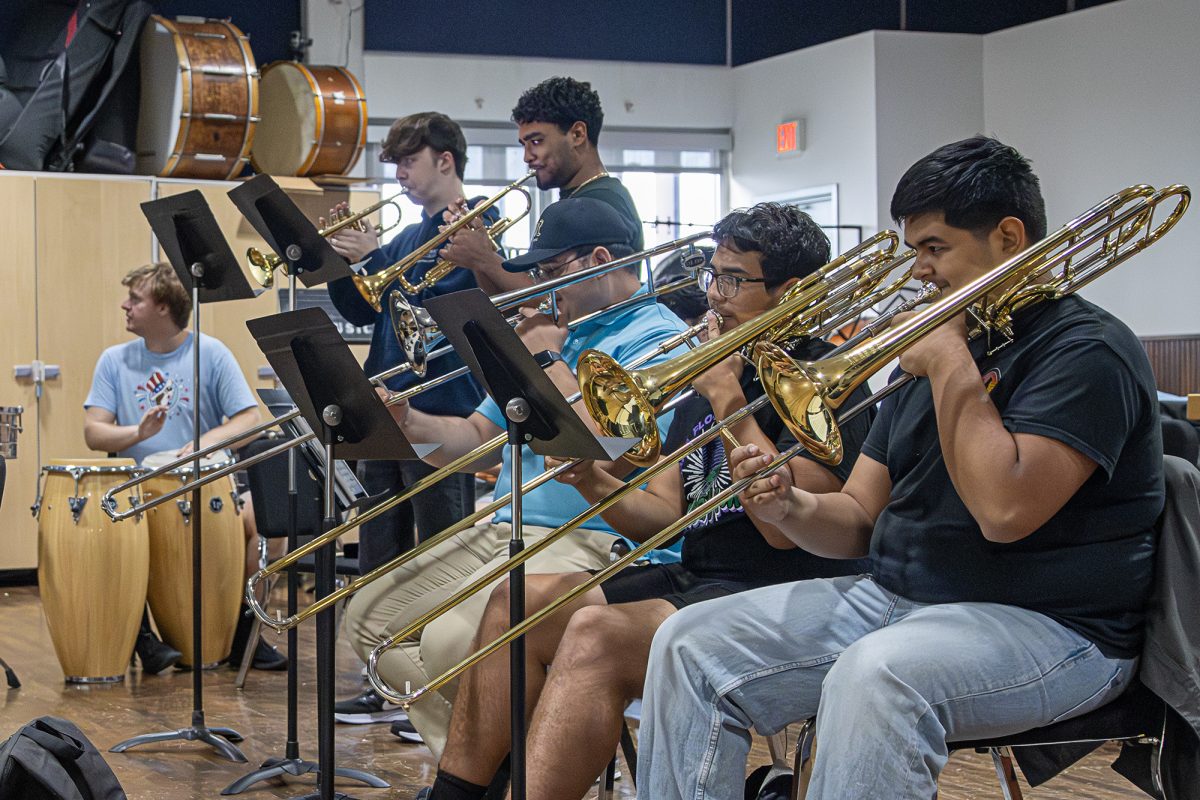
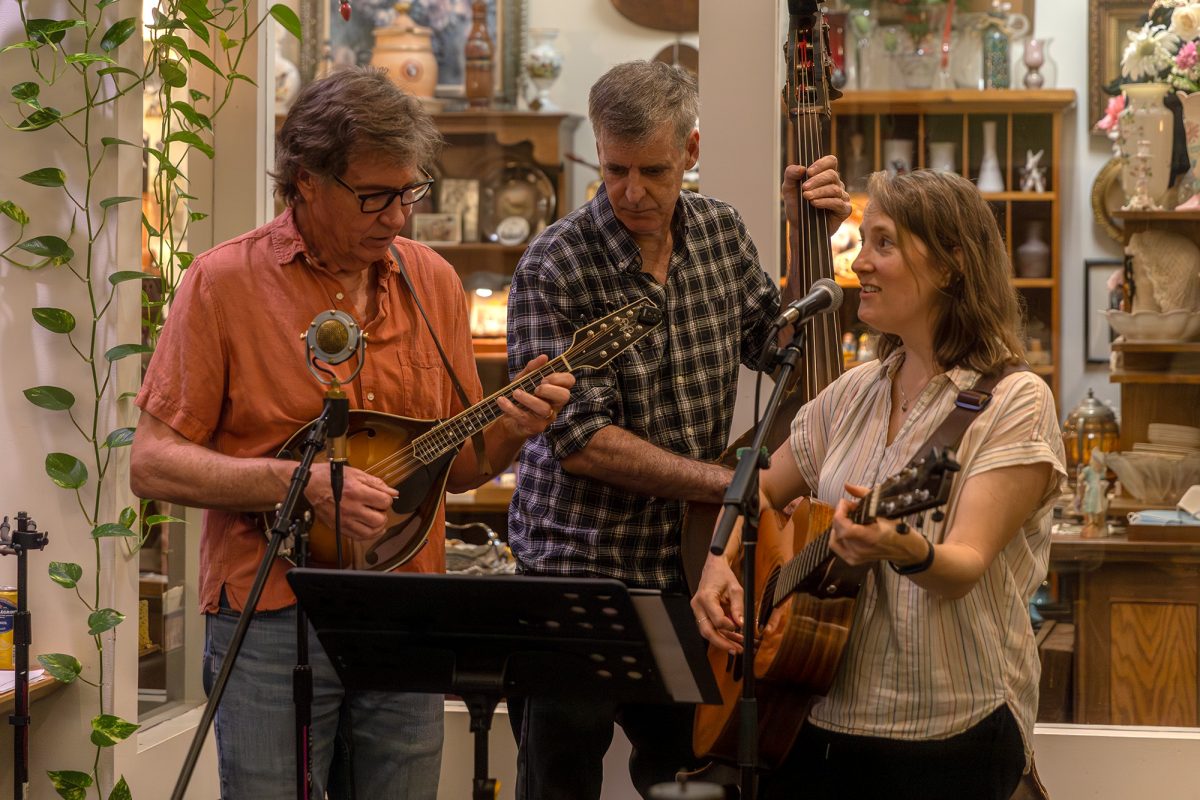


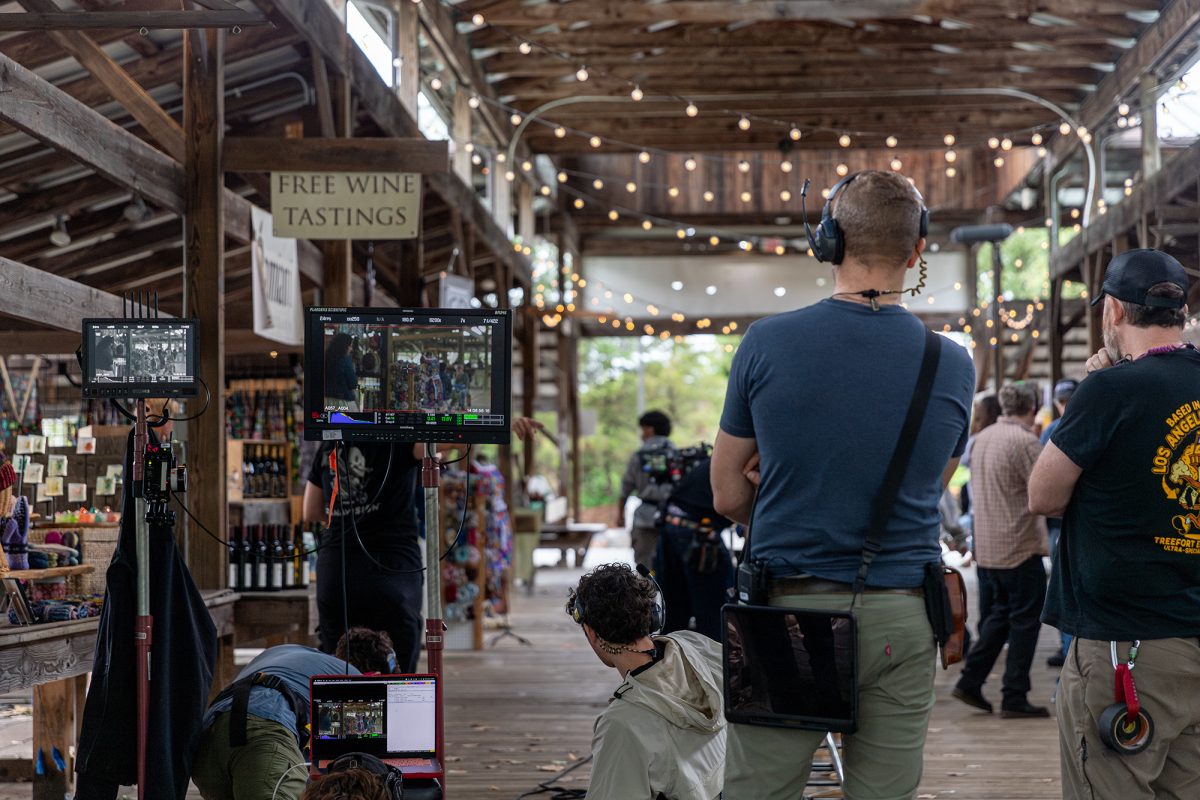

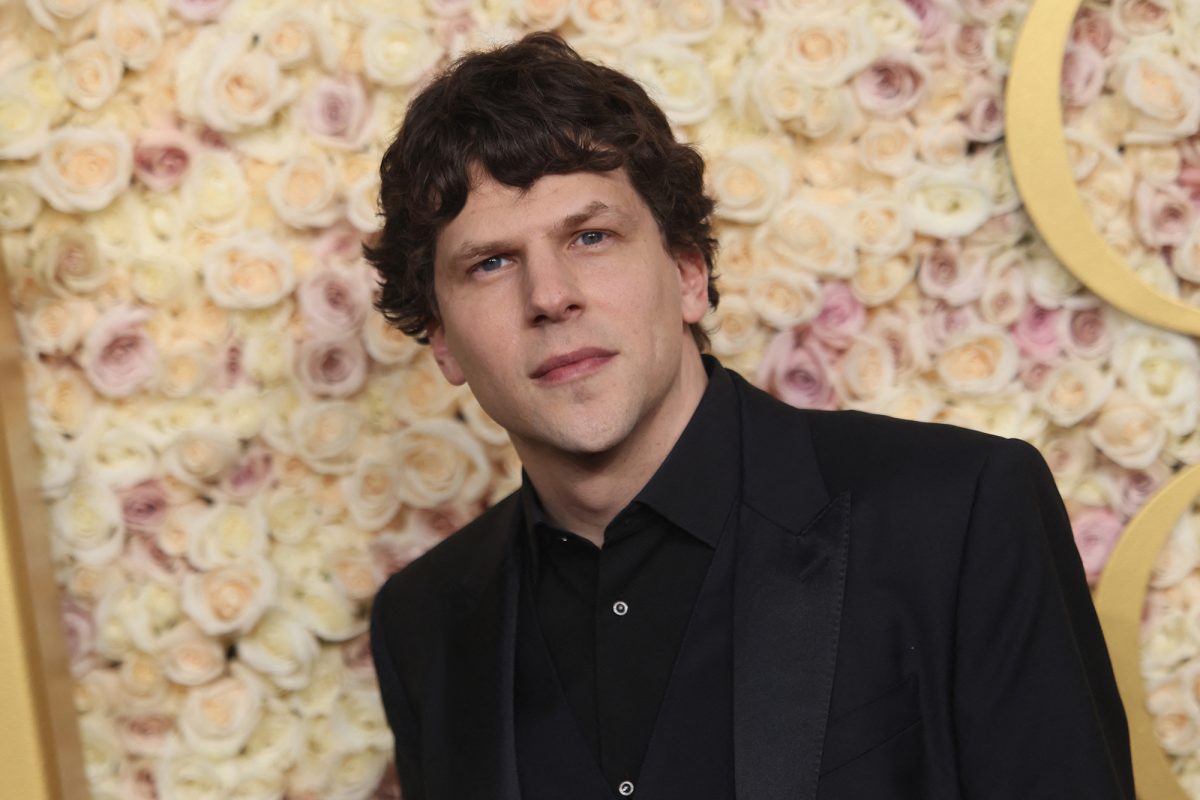




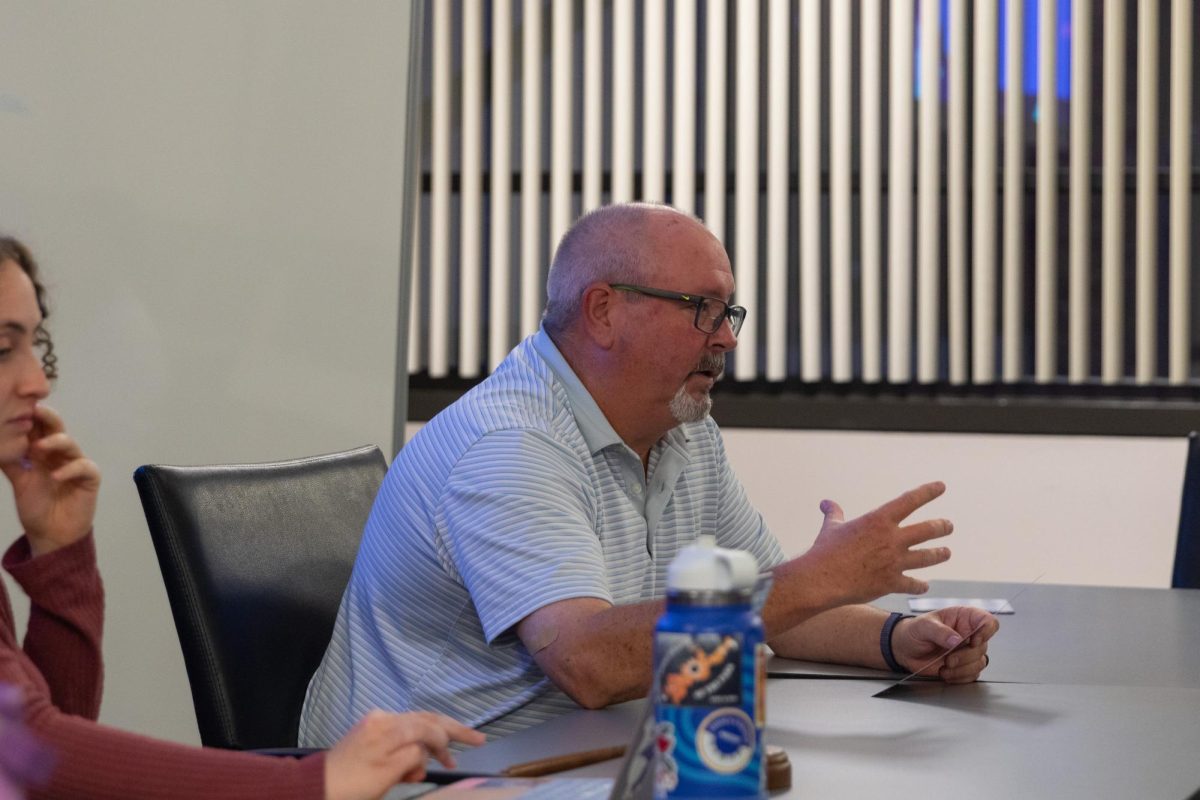






Jim Burke • Mar 27, 2025 at 1:28 pm
Very informative article! Thx
Mary Burke • Mar 27, 2025 at 1:24 pm
There’s nothing quite as enjoyable as getting out in nature and watching the birds and listening to all the different bird songs. I’ve been feeling birds for years and I’m glad to know it helps to save the environment. Thanks for the article.